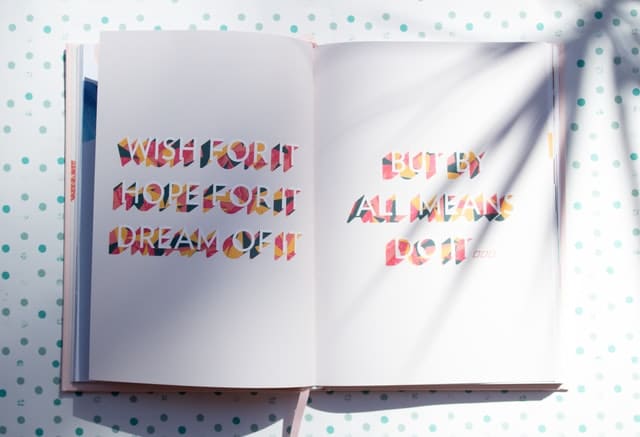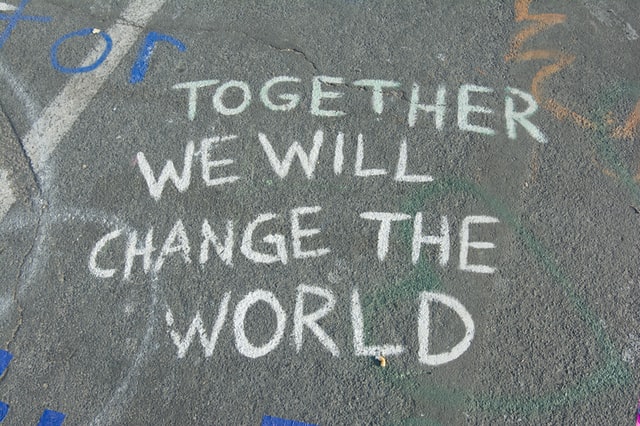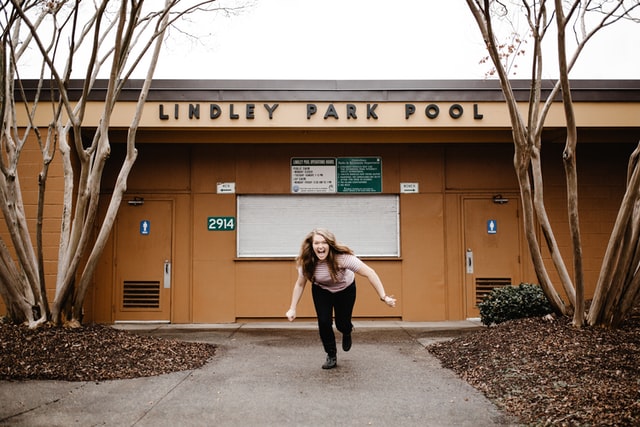Have you or do you currently struggle with chronic pain at a young age? The understanding of chronic pain within younger people is very minimal. There are many unknown causes to chronic pain, especially in those that are younger and should have healthier bodies. Because of this lack of knowledge, there are many misconceptions of chronic pain in younger individuals. Have you ever been told that you are too young to be experiencing chronic pain or having chronic illnesses? Chronic pain is considered a pain that lasts a minimum of three months.
There are many forms of chronic pain, and it can be caused by many different things as well. Chronic pain can be constant or come and go. Chronic pain can be so bad that it effects one’s daily life, which makes it hard to do thinks such as work, physical activity, school, or hanging out within large groups of friends or family, etc. Having a personal identity can be hard when dealing with chronic pain.
Sometimes our pain can consume who we are. Have you ever been told, “but you do not look like you are in chronic pain”? Research has shown that chronic pain is more common is females than in males. It is also shown that poor mental health is very prominent in those with chronic pain.

Chronic pain can feel like….
- Burning
- Throbbing
- Aching
- Stiffness
Pain can affect or lead to
- Sleep patterns/insomnia
- Physical activity
- The ability to hang out with friends
- Going to work
- Depression
- Anxiety
- Relationships
- Eating disorders
- Mood swings
- Low energy levels
- Mental health
- Who we truly are
- & Much more
Ways to help overcome or cope with chronic pain at a young age
- Manage stress with breathing techniques, yoga, or meditation because emotional pain can cause physical pain.
- Join support groups with others who experience chronic pain as young individuals.
- Think positively and try not to let yourself become your pain.
- Educate yourself on your pain or diagnosis to know what treatments are best for you.

- Use low-intensity exercises to stay healthy, which can also reduce pain.
- Eat healthy with a balanced diet towards your health conditions, this could mean cutting out foods that cause inflammation.
- Acupuncture, massage, and meditation can all help our mind and body relax.
- Therapy, such as CBT (cognitive behavioral therapy) or brainspotting, to help change how we feel about our pain and challenge the thought process.
- Acceptance commitment therapy (ACT) helps us to accept the pain instead of letting it consume us.
- Be kind to yourself, when dealing with chronic pain there is only so much our bodies can handle, try your best to be kind to your mind, body, and soul.
It can be hard to accept when we have chronic pain or illness, especially when it is unidentified. Chronic pain can affect every aspect of our lives and lead us down unwanted paths if we do not take the time to focus on our overall health and wellness. With poor mental health being prominent in those with chronic pain it is crucial to take control of your mental and physical health.
Everyone’s chronic pain is different, educate yourself to know what techniques or tools are right for you and your health. Living with chronic pain can make you feel lonely at times. Do not be afraid to reach out to a support group or a counselor/therapist that is certified in working with individuals who have chronic pain. Always remember to be kind to yourself and your body.




